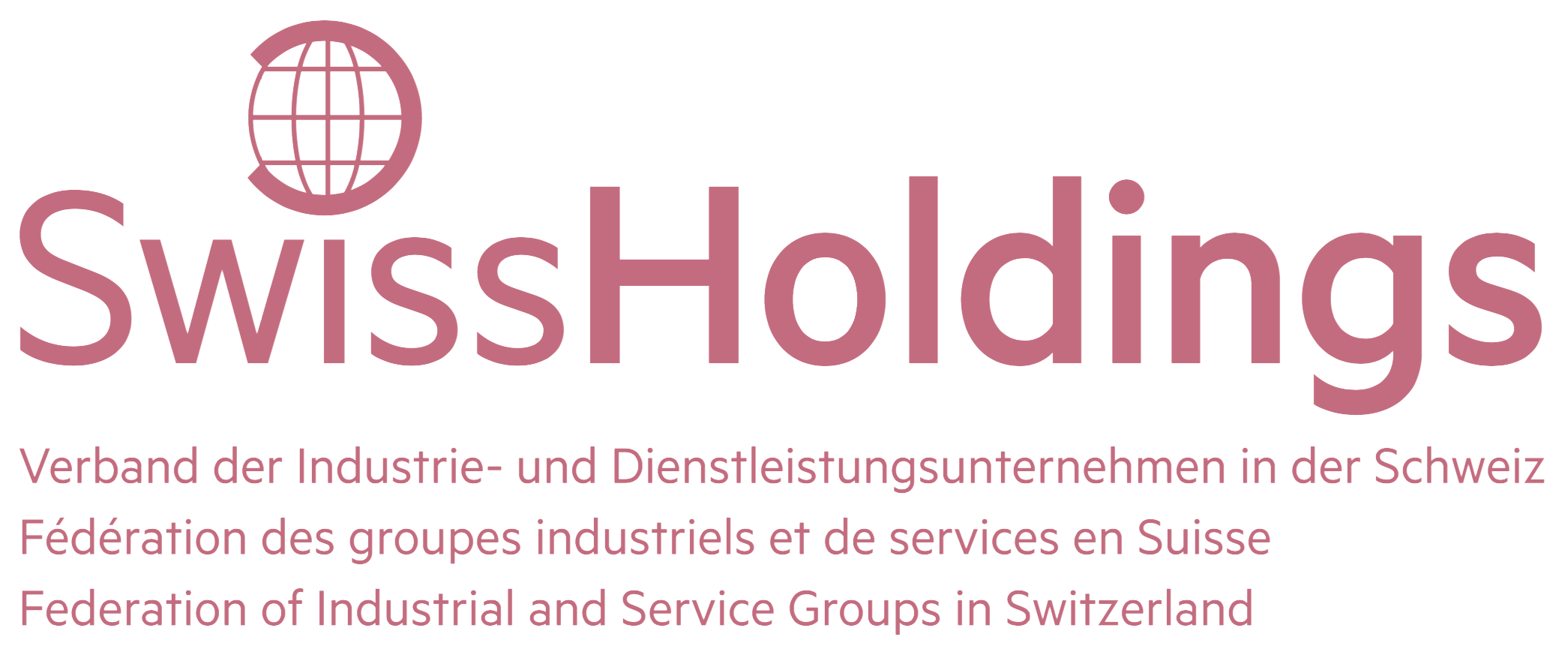Swiss companies must provide climate-related data in a machine-readable format for the first time this year. While similar obligations in the EU will not take effect until 2027 and digital standards there have not yet been finalised, Swiss companies face the challenge of reporting without an internationally recognised standard. SwissHoldings welcomes the fact that the Federal Council recently clarified that there is sufficient leeway to meet the requirements of the ordinance without having to invest in cost-intensive transitional solutions.
Starting in the current financial year, Swiss companies are required to publish climate-related information in a machine-readable format. The corresponding reports must be submitted for the first time in 2026 for the reporting period beginning on 1 January 2025. While comparable obligations will not come into force in the EU until 2027 at the earliest and the underlying digital standards (XBRL taxonomies) have not yet been finalised, Swiss companies face the challenge of having to report earlier. A Swiss solo effort with deviations from the EU taxonomy (or the ISSB standard) would be disproportionate, expensive and not very effective. Furthermore, it remains to be seen whether XBRL will become internationally accepted as a digital reporting format against the backdrop of developments in the field of artificial intelligence.
The Federal Council provides clarity
In response to a parliamentary question during the autumn session, the Federal Council commented publicly for the first time on machine-readable climate reporting and provided important clarity. In its statement, it notes that there is currently no internationally recognised standard for digital climate reporting. For implementation in Switzerland, the committee emphasises the deliberately open scope for choice of format. Companies can submit their reports in both XBRL format and PDF – both variants are considered acceptable. In addition, explicit reference is made to the possibility of applying the ‘comply or explain’ mechanism. Those who can provide objective reasons why implementation is not currently possible may postpone the introduction of the new regulation. SwissHoldings welcomes these clarifying statements. They provide the affected companies with urgently needed legal certainty and enable a pragmatic, proportionate implementation of the new requirements – without unnecessary transitional solutions or additional costs.
Machine readability as the future of reporting
SwissHoldings expressly supports efforts to digitise reporting. The machine-readable preparation of company data makes an important contribution to increasing the comparability, transparency and efficiency of financial and sustainability reporting – for companies as well as for investors, authorities and other stakeholders. However, it is crucial that the underlying technical formats are marketable, internationally harmonised and technically mature. This is the only way to ensure that the additional effort for companies also brings real added value. SwissHoldings is therefore working with interested stakeholders to further develop the relevant standards in a practical manner and to design their introduction in such a way that they meet both regulatory requirements and the needs of companies.
Contact
Peter Burkhalter | Head of Group Accounting, Swisscom
Denise Laufer | Member of the Executive Board, SwissHoldings

